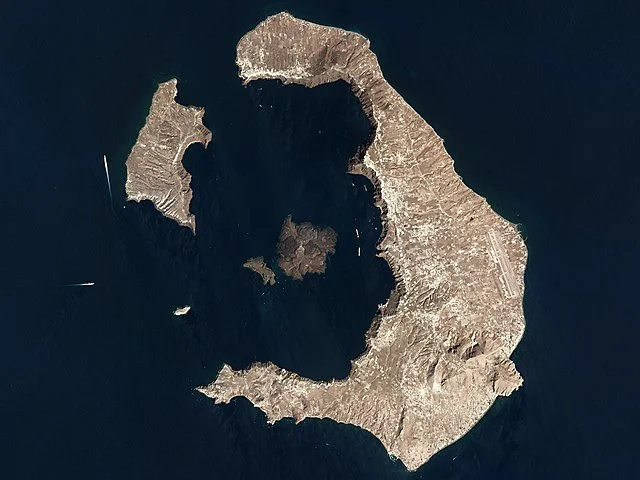Greece is racing to bolster a public healthcare system battered by a decade of austerity before an expected second wave of the coronavirus pandemic hits the country in the fall, its health minister has said.
“It will be a tiring summer for us, full of work, but this will be a legacy for the country,” Vassilis Kikilias told Politico in an interview last week.
“Countries that protected their citizens and didn’t have a dramatic impact in the first wave may face more difficulties in the second,” he said in a telephone interview last week.
Greece introduced strict measures soon after the virus made its first appearance in the country and has managed to contain its spread more successfully than other countries of a similar size, reporting less than 2,600 cases and 139 deaths on Wednesday.
Following a decade of budget cuts, however, the coronavirus outbreak found Greece with just 560 intensive care unit beds for a population of around 11 million, well below the European Union average.
Kikilias hopes to raise this number to around 1,200 by the fall and hire an additional 4,200 doctors, nurses and paramedics, he said.
“We all know that after 10 years of crisis, the national health system is wounded. The importance of a public health system, which has been prioritized years ago in other advanced countries, was lagging in our country,” the health minister said. “There must be emergency infrastructure in the country, and part of its national security should also be its health security.”
Kikilias said that Greece has also struggled to compete with wealthier countries in the scramble for medical supplies, accusing some EU countries of “incredible aggressiveness.”
He also chided the EU for its sluggish response to the pandemic, saying that “the word ‘solidarity’ has been heard many times, but it hasn’t been able to transform into a common European policy.”
Source: Ekathimerini









